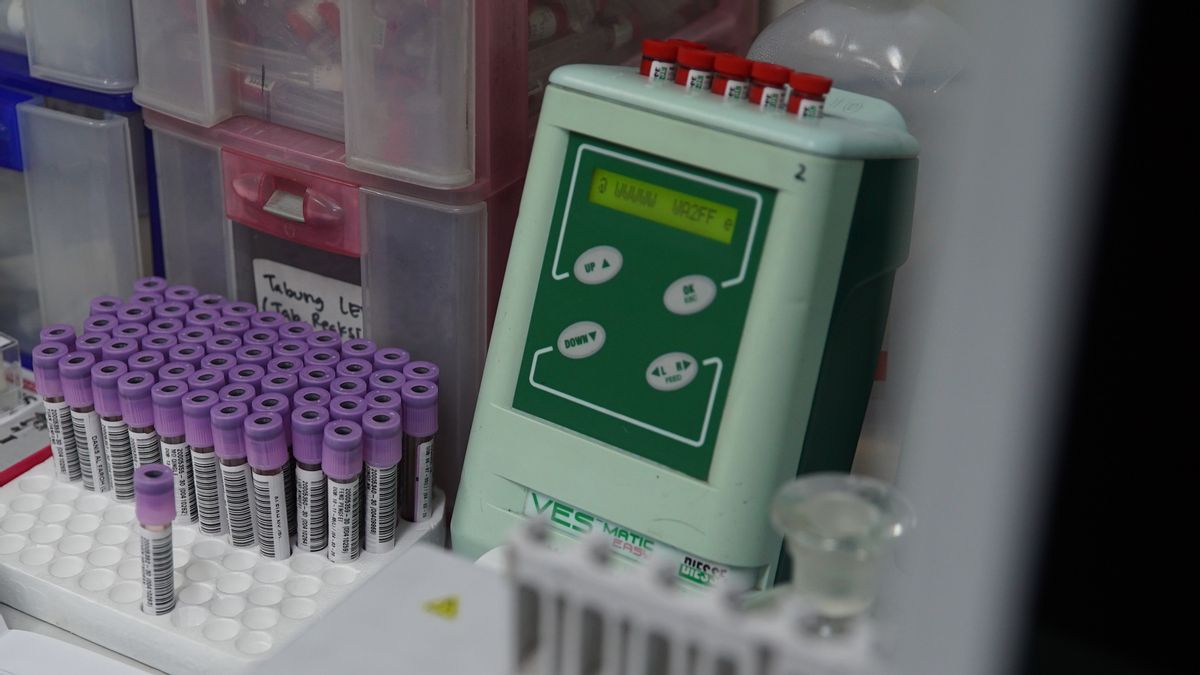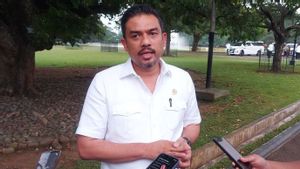JAKARTA - The National Health Insurance Program (JKN) is a program designed by the government to provide justice in access to health services for the Indonesian people. However, the domestic health service infrastructure system is deemed not optimal.
An observer of the JKN program as well as an academic at the Faculty of Public Health (FKM), University of Indonesia (UI) Prastuti Soewondo, said that the biggest challenge in the future in providing health services is to create a quality health service system that is resilient to changing conditions. An example is the COVID-19 disease.
"But we also know that in this problem, the supply system including health service infrastructure, buildings, availability of medical equipment, quality human resources, technology, and information systems is not optimal and must be improved," he said, in an online discussion with the theme 'JKN. Justice and Sustainability ', Friday 29 May.
Need complete information about JKN-KIS services? Come on, download the JKN-KIS Service Guide e-book via the following link: https://t.co/YvU6oMOg2Q#BPJSK HealthRI#BPJSKesMelayaniNegeri pic.twitter.com/PC7dKrSi0I
- BPJS Kesehatan RI (BPJSK KesehatanRI) May 27, 2020
Not only that, Prastuti assessed, the challenges faced in the future are that existing funding is very limited and inflexible. Where when the regions have to buy personal protective equipment (PPE) they do not have sufficient funds. So that it can't respond to circumstances quickly.
"We think that a resilient health service system must be supported by a balanced or sufficient financing," he said.
Furthermore, Prastuti said, if asked if there were any improvements after the JKN program, then the answer is yes. Due to macro financing, it can be seen that the role of public financing has increased to 53.8 percent of the total national health expenditure in 2018.
"But actually this total financing has not changed, this amount in proportion to the gross domestic product (GDP) has been stagnant for 10 years. This figure of 3.1-3.2 percent is very low and only slightly above Laos and Cambodia," he explained.
Prastuti assessed that Indonesia lacked a budget for the health sector. About 43 percent of total public spending is managed by BPJS. In 2018 BPJS managed IDR 105 trillion and the majority was for hospitals, namely 85 percent.
"In the future we must try to balance the financing because we know that hospitals are high cost, high technology, so that in the future we must focus on First Level Health Facilities (FKTP) to make them more efficient and effective," he said.
Low Health Service Expenditures Makes it Difficult to Track COVID-19 CasesWeak tracing or tracking of cases of patients infected with COVID-19 is considered as one result of the low budget allocation for the health sector. Of the total health expenditure budget, most or around 77.1 percent was used for curative and rehabilitative services.
Furthermore, Prastuti said, the budget for preventive and promotive services was very small, only around 19.3 percent of the total spending in the health sector.
"For example, there are only 1.4 percent for immunization, for the treatment of non-communicable diseases, such as diabetes, cholesterol, heart disease and so on. Actually, it can be controlled with health education or screening," he explained.
According to Prastuti, to be able to maintain the sustainability of health services in Indonesia, both in the medium and long term, the government must determine a certain portion of health spending.
"Thailand, for example, allocates 20 percent for public health activities, their prevention promotion is strong enough, so that their overall health system is quite reliable," he said.
The English, Chinese, Japanese, Arabic, and French versions are automatically generated by the AI. So there may still be inaccuracies in translating, please always see Indonesian as our main language. (system supported by DigitalSiber.id)













